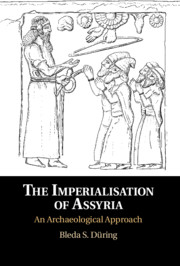A sharp debate has emerged about the importance of humanitarian organisations speaking out against misdeeds and, more generally, on the ethical and moral aspects of doing humanitarian work in the face of mass violence. That debate has pushed out of the spotlight a number of essential questions regarding the work of the International Committee of the Red Cross (ICRC) during the Second World War. The aim of this text is to scrutinize the ICRC's humanitarian operations for detainees of Nazi concentration camps during the final phase of the war in Europe. We look beyond the risks faced by ICRC delegates working in Germany to show how difficult the organisation found it to carry out a humanitarian operation for concentration-camp detainees in the very particular circumstances that prevailed in Europe at that time. The ICRC was an organisation designed to collect information on and to protect and assist prisoners of war, and its hastily mounted response is indicative of the strenuous task it faced in re-inventing itself during the final stages of the war and the minor role it was assigned in the occupation programmes imposed by the Allied forces.


